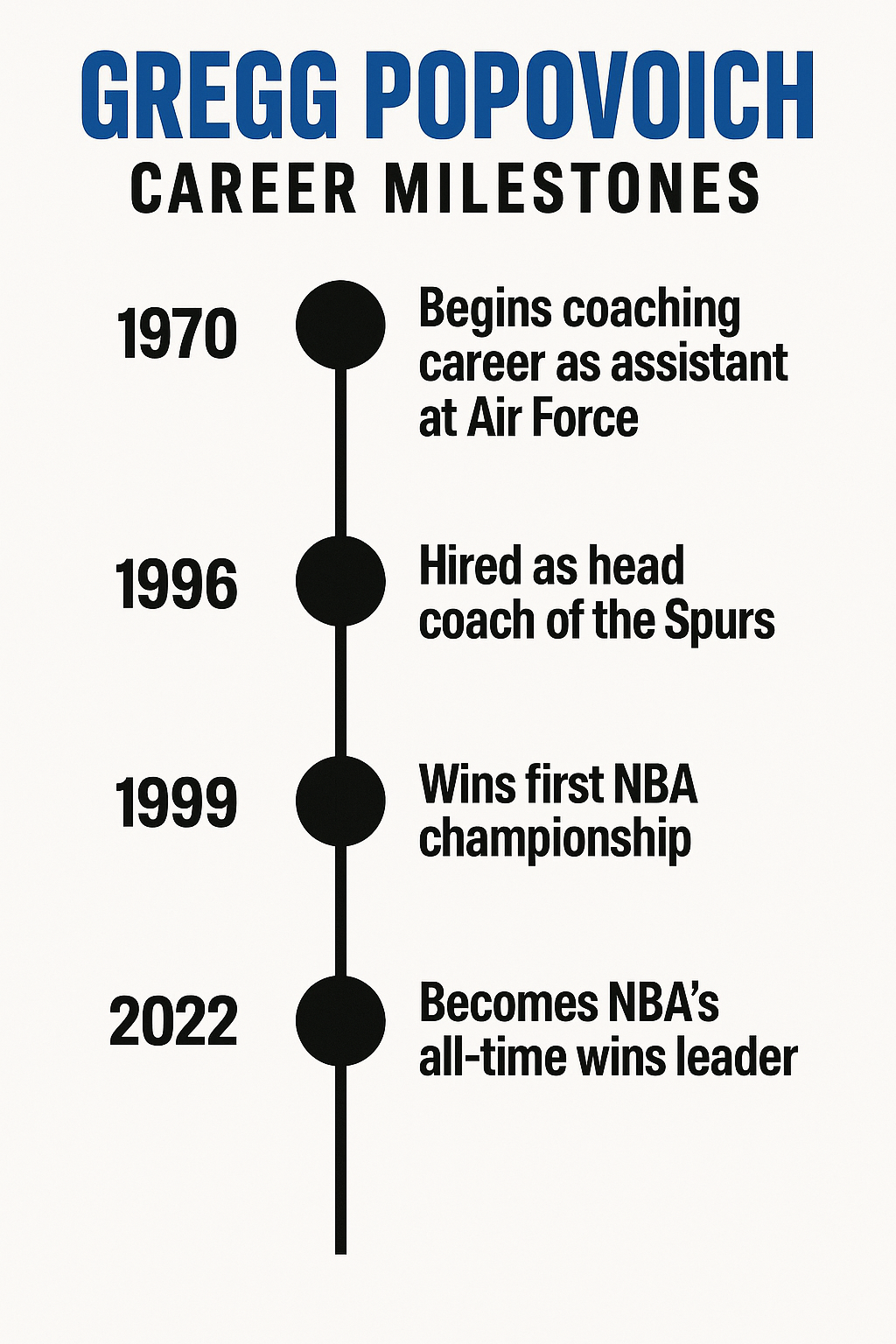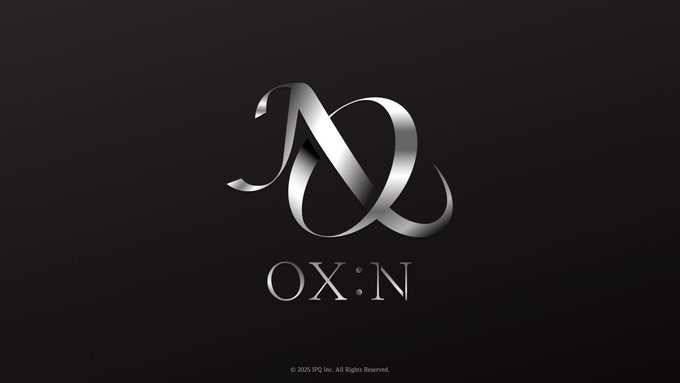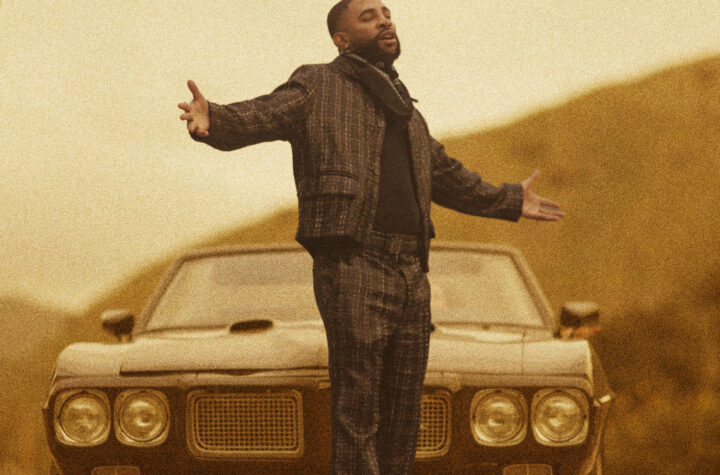
SAN ANTONIO — The familiar sight of Gregg Popovich stalking the sidelines, his booming voice echoing through the arena, the flash of his sardonic wit in postgame scrums – that defining tableau of San Antonio basketball has reached its final frame. After an unprecedented 29 seasons orchestrating the San Antonio Spurs, the legendary Popovich has announced his retirement from coaching, a decision revealed by the franchise with a solemn acknowledgment of history made.
In a statement imbued with characteristic sincerity, Popovich expressed his gratitude. “While my love and passion for the game remain vibrant, the time has come for me to step away from my role as head coach,” he stated. “My heart overflows with appreciation for the remarkable players, dedicated coaches and staff, and the unwavering fans who allowed me the privilege of serving as the Spurs head coach. I eagerly anticipate continuing my support for this organization, this community, and the city that holds such a profound place in my heart.”
While the whistle may no longer hang around his neck, Popovich’s influence will endure. He transitions into a front-office capacity as president of basketball operations, ensuring that the very DNA he infused into the Spurs organization remains intact. Stepping into the considerable void on the bench is 38-year-old assistant Mitch Johnson, who capably steered the team during Popovich’s absence last season following a health issue in November. Johnson now inherits a monumental legacy, yet will undoubtedly benefit from the continued guidance of the iconic figure who remains a steady presence.
A City Defined by a Coach
For San Antonio, Gregg Popovich was more than just a coach; he was an institution. His tenure, stretching back to 1996, predates the professional careers of almost every player currently in the league. For generations of Spurs faithful, he stood as an unwavering symbol, as deeply ingrained in the city’s identity as the Alamo itself.
While the news of his retirement resonated with the weight of a major event, it wasn’t entirely unforeseen. Health concerns had cast a shadow over the preceding season. Following a stroke early in the year, Popovich did not return to the bench, with Johnson taking the reins and guiding the team to a 32-45 record. These games, however, contributed to Popovich’s staggering career totals: a league-leading 1,422 victories against 869 defeats. But these numbers only hint at the profound impact he had, an impact that includes five NBA championships, three Coach of the Year awards, and a global influence that reshaped the very fabric of the game.
“Coach Pop’s extraordinary impact on our family, San Antonio, the Spurs, and the game of basketball is immeasurable,” declared Peter J. Holt, the team’s managing partner. “He is truly one-of-one – a leader, a mentor, and a legend whose contributions will be felt for generations.”
A League Transformed by Principles
To truly grasp Popovich’s legacy extends far beyond the wins and losses. His career was built upon a bedrock of unwavering integrity, an unyielding commitment to player development, and a deep-seated aversion to shortcuts. He sculpted raw talent into championship-caliber players like Tim Duncan, Manu Ginobili, and Tony Parker, molding them not just into dominant forces on the court, but into principled men off it. Together, they formed the core of a dynasty that prized humility, selfless teamwork, and unwavering toughness above individual accolades and fleeting trends.
Sean Elliott, a former Spurs forward who both played under Popovich and later provided insightful commentary as a broadcaster, succinctly captured his significance: “He’s a pillar. He is Spurs basketball.”
Even current players like Keldon Johnson, now the longest-tenured Spur, have felt the transformative “Pop effect.” “He’s done wonders for my career,” Johnson acknowledged. “He’s helped me become not just a better player, but a better person. But above all else, what matters most is that Pop is healthy.”
While there lingered a glimmer of hope as recently as February that he might return to the sidelines for the upcoming season, Popovich ultimately chose to lay down his clipboard, leaving behind an imprint that statistics alone can never fully convey.
A Global Legacy Beyond the Bench
Popovich’s journey, from a 1970 graduate of the Air Force Academy to a surefire Hall of Fame coach, was paved with relentless dedication and unwavering principles. His formative years under the mentorship of Hank Egan at the Academy laid the groundwork for a career that saw him excel as a front-office strategist before stepping into the head coaching role – a position he would command with unmatched authority and longevity.
He was the guiding force behind each of San Antonio’s five championship triumphs, constructing a legacy built on unwavering consistency, a remarkable ability to adapt to the evolving game, and an unshakeable trust in the team-first ethos he instilled. Perhaps his greatest strength lay in his capacity to evolve his coaching approach, his strategic style, and his roster composition, all while steadfastly preserving the fundamental identity of the Spurs.
Now, as the NBA charts its course into a new era, it does so without one of its most iconic figures pacing the sidelines. Popovich’s influence, however, stretches far beyond San Antonio. He championed international scouting and player development, ushering in a wave of global talent that enriched the league. His emphasis on fundamental basketball, selfless play, and unwavering sportsmanship set a standard that resonated throughout the NBA. He fostered a culture of respect and accountability, not just within his own team, but by his very presence within the league. His willingness to speak his mind on social and political issues further elevated his stature, positioning him as a voice of reason and integrity in a sport often dominated by fleeting trends.
“When you think of the San Antonio Spurs, you unequivocally think of Gregg Popovich,” reflected former Spurs point guard and current analyst Antonio Daniels. “It’s almost surreal to imagine the sidelines without him. It’s a reality the entire basketball world will have to adjust to.”
But even as the roar of the crowd fades for Popovich the coach, the profound legacy of Popovich the icon will continue to resonate through the heart of San Antonio – and across the vast landscape of the NBA – for generations to come. The final buzzer may have sounded on his coaching career, but his impact on the game, on a city, and on countless lives, is truly timeless.






More Stories
NFC West Wildcards: Day 3 Rookies Already Making Noise in 2025″
AFC North Shockers: Late-Round Rookies Who Could Take Over in 2025
AFC East Breakout Bombshells: Day 3 Rookies Who Might Wreck the League